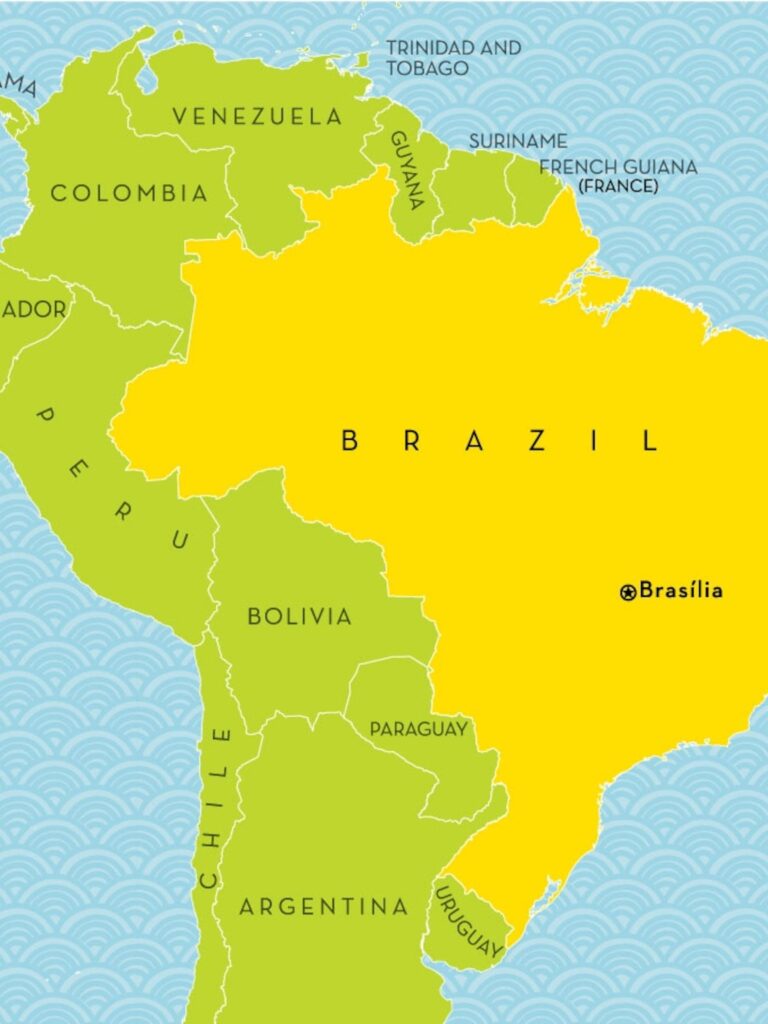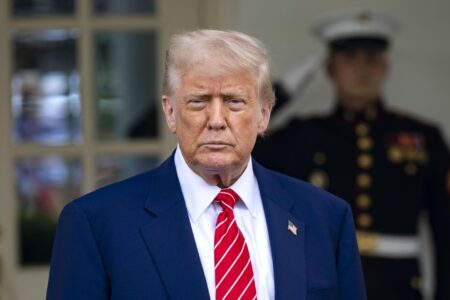Brazil Reinforces Steel Import Regulations to Support Local Industry
In a strategic effort to revitalize its steel industry, the Brazilian government has declared the reimplementation of tariffs and import quotas on various steel products. This policy adjustment is designed to protect local manufacturers from an influx of lower-priced foreign steel that has adversely affected domestic production. Experts in the field suggest that these measures will serve as a vital buffer for Brazilian steel producers, enabling them to improve efficiency and sustain job levels amid global market pressures.
According to official announcements, these updated tariffs and quotas are set to be enforced shortly and will encompass a variety of steel categories. The following highlights outline the key aspects of this new regulatory framework:
- Higher tariff Rates: Tariffs have been increased for certain types of imported steel.
- Import Quotas Implemented: Limits have been established on the total quantity of steel imports allowed into Brazil.
- Impact on Trade Partners: Major trading nations have been informed, anticipating discussions aimed at addressing potential trade disputes.
A comparative analysis illustrates the changes in tariff rates before and after this policy shift:
| Type of Steel Product | Previous tariff Rate (%) | Revised Tariff Rate (%) |
|---|---|---|
| Hot Rolled Steel | 10% | 20% |
| Cold Rolled Steel | ||
| 12% | ||
| 25% | ||
| Steel Tubes | ||
| 8% | 15% |
Effects on International Trade and Global Steel Markets
The Brazilian government’s initiative to renew tariffs and quotas is poised to significantly alter trade dynamics not only within South America but also across international borders. This protective measure aims at shielding local industries from an overwhelming influx of imports that coudl jeopardize their viability. The ramifications extend beyond Brazil’s borders; key trading partners must reevaluate their strategies in light of potential price fluctuations resulting from these new regulations. Notably, suppliers from countries like the U.S.and EU may experience restricted access to Brazil’s market, which could lead them toward retaliatory actions escalating into broader trade conflicts.
The renewed tariffs may yield several consequences within the global steel landscape:
- Pricing Adjustments:The reduction in competition due to import limitations might drive up domestic prices, thereby influencing global pricing trends for steel.
- Supply Chain Realignments:</strongManufacturers may explore choice sourcing options or modify their supply chains in response to tariff-induced cost changes.
- diversification in Markets:Nations heavily reliant on exporting steel products to Brazil might pivot towards other markets, impacting regional trade balances significantly.
| Region | Expected Impact | / th > / th > / tbody > |
|---|---|---|
/ th > / th > <tr < <tr < <tdUnited StatesPotential rise in exports / / / / / / / / / / / / / / / / / / / / / / < < < << | . . .




